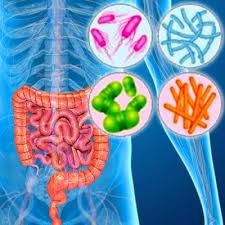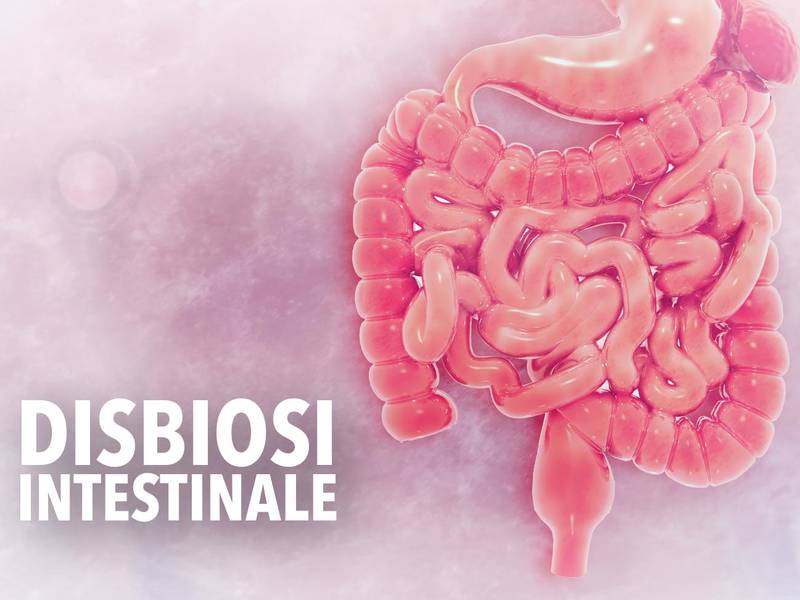
Marco Scaglione
My professional biography and my story are linked together they kept strong by a strap which is called passion. I'm lucky: I like my job, I enjoy it and it fills me with satisfaction.
It was born a new collaboration between Marco Scaglione and Aksum. Click on the logo and visit their site.
INSIGHTS
All insights
The almonds allied with the line and the heart

The characteristics of this product have been studied in depth by researchers of the University of Toronto, Canada. They published in the prestigious journal Mayo Clinic Proceedings a study that confirms that real calories are 20% lower than theoretical calories, when it comes to absorption in the human body.
The result shows that part of the fats present are not absorbable by the body and the calories that result from the in vitro calculations are not the same that the body accumulates when it takes almonds.
The study involved 22 people of both sexes who had high cholesterol levels and therefore had to undergo a diet. Everyone was asked to eat every day for a month 75 grams of almonds, followed by, after a week off, another month in which they had to consume half a portion of almonds and a half of a muffin formulated in such a way as to have the same official calories, the same fat, protein and fibre content. Then, for another month (again after a week’s suspension) the participants had to eat only the whole muffin, without almonds, to have control values.
Detailed investigations of the fatty acid content of the faeces and blood of the subjects were carried out at different stages of the study and measurements of the energy content in the faeces were also carried out. At the same time, the same analyses were carried out on almonds and muffins, and the difference emerged. In fact, the energy bioavailability associated with almonds was found to be 78% of that established outside the body, and this means that the calories actually taken with almonds are more than 20% lower than the theoretical value. The same is seen by analyzing the individual classes of fatty acids: Compared to the fats in the muffin, those absorbed with almonds were 5.1% lower for the half dose, and 6.3% lower for the whole dose.
If the missing calories are not replaced by others, assuming that you follow a diet of 2-3 thousand calories per day, in a year you can lose from 2.9 to 6.3 kg of weight, if every day you consume 75 grams of almonds. All this is considered important for those who, like the participants in the study, must intervene on the diet to change the profile of fats in the blood.
 English
English
 Italiano
Italiano
 Español
Español
 Francais
Francais


 Share on:
Share on:









